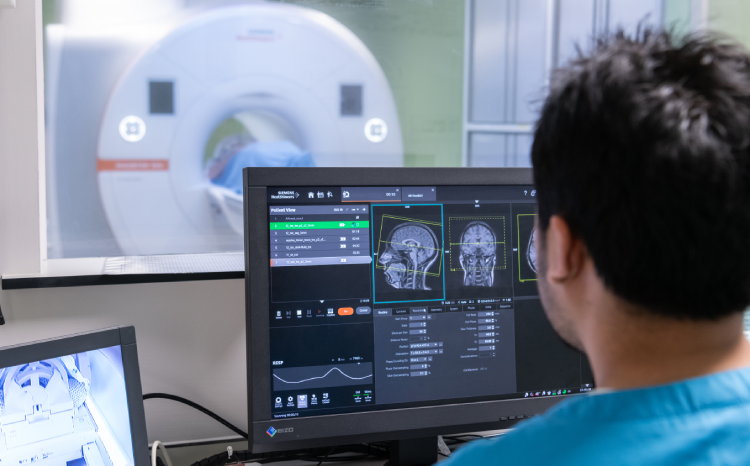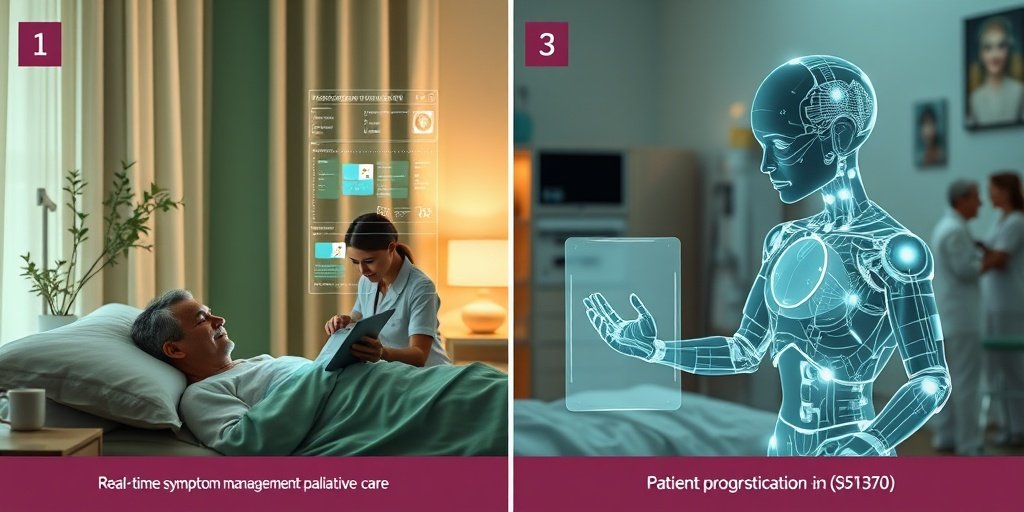
Mapping study on AI-based technologies in palliative care – a scoping study.
AI in Palliative Care: Enhancing Quality of Life through Technology 🤖💖
Discover the newest research about AI innovations in 🛌 Palliative Care.

AI in Palliative Care: Enhancing Quality of Life through Technology 🤖💖

Implementation science bridges AI and medical imaging, addressing barriers for effective clinical adoption. 🤖📊

AI models predict pain relief in colorectal cancer patients: 73.8% improved, AUC 0.9167. Key insights from PubMed study. 📊💊

Revolutionary sleep apnea detection: From traditional PSG to advanced AI-driven under-the-mattress devices. 🛏️💤

AI enhances advance care planning, identifying patients and aiding decisions. Key findings: 41 studies, 39 on patient identification. 📊🤖

Exploring AI’s role in home-based palliative pain management: insights from Yan & Zhang’s 2025 study. 🤖💊

Remote MRI scanning pilot reduces patient wait times and DNA rates, enhancing flexibility and training efficiency. 🏥📉

Lung lobe segmentation tools evaluated: TotalSegmentator excels, while data diversity enhances model accuracy. 📊🫁

Hybrid AI strategy improves mammogram reading efficiency, reducing radiologist workload by 38% while maintaining detection rates. 📉🩺

AI in Palliative Care: 125 studies reveal gaps in validation, transparency, and ethical frameworks. Future research is crucial! 🤖💔